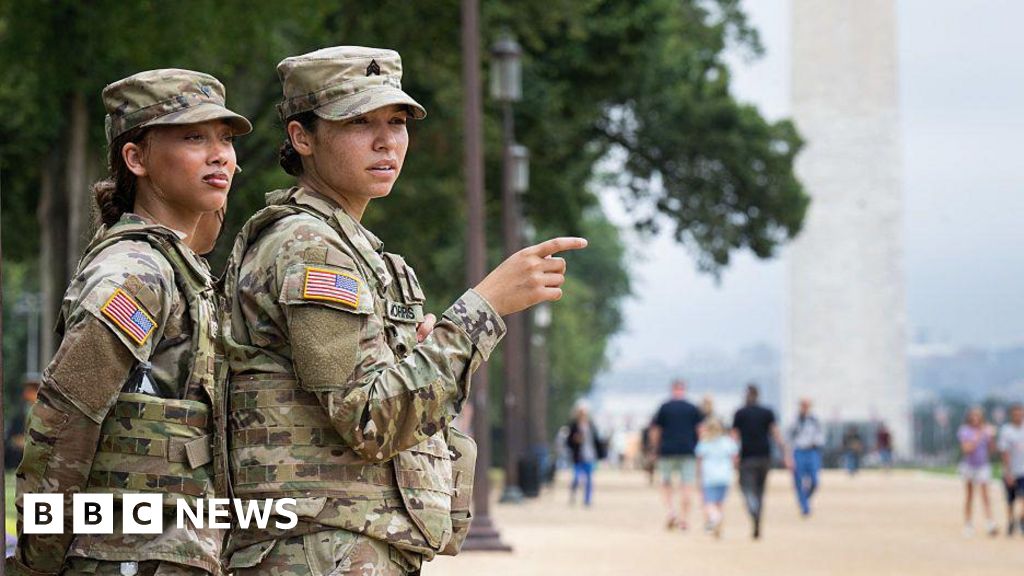As the 2024 election cycle unfolds, six states have embraced measures to broaden abortion rights, juxtaposed with the disappointing outcome in Florida where a proposed amendment to restore access was rejected. On the national stage, abortion has emerged as a critical issue, energizing voters as they took to the polls.
The Florida amendment aimed to allow abortions until approximately 24 weeks, pending viability, but failed to secure the necessary 60% support for passage. In contrast, Missouri voters, traditionally conservative and supportive of Donald Trump, indicated their approval for an amendment that would overturn a stringent near-total abortion ban.
Election results are still pending regarding abortion measures in states like Montana and Nebraska, but initial outcomes suggest a shift in public sentiment since the Supreme Court's 2022 ruling that rolled back nationwide abortion rights. This ruling has prompted several states to either impose bans or restrict access, affecting millions of women across the country.
Arizona's voters endorsed a measure to protect abortion rights up to the 24-week mark, extending access from the existing 15-week limit. Campaigners in Florida viewed their amendment as a critical step to counteract a stringent law enacted earlier this year prohibiting abortions after six weeks—this law was opposed vocally by figures like Republican Governor Ron DeSantis and former President Trump, despite his initial support for the measure.
In Florida, with nearly all ballots counted, the proposed amendment garnered approximately 57% of the vote, falling short of the threshold needed for at least a moderate victory. Betsy Linkhorst, a young first-time voter, expressed her dismay at the result, voicing concerns for future reproductive rights. Conversely, voter Maria McNally deemed the amendment's failure a relief, believing it would have permitted abortions later in pregnancy than she found acceptable.
In contrast, states like Maryland and Colorado which currently uphold legality for abortion, successfully passed measures to further enshrine these rights within their constitutions. Additionally, Nevada opted to affirm the right to abortion until the 24th week with protections for maternal life.
Nebraska voters are projected to have adopted a constitutional provision stipulating the state's 12-week abortion limit while allowing exceptions for incest, rape, and preserving the mother's life. Meanwhile, New York voters approved an amendment preventing discrimination tied to pregnancy and reproductive health issues, furthering strides in securing women’s rights.
As the results continue to unfold, the trend across various states reflects a divided public opinion on abortion, setting the stage for ongoing debates and potential shifts in policy heading into a critical presidential election year.





















